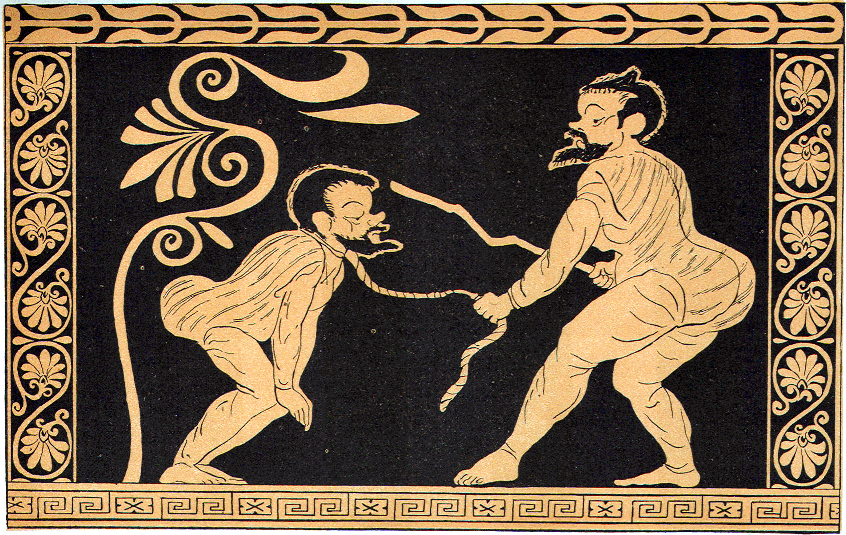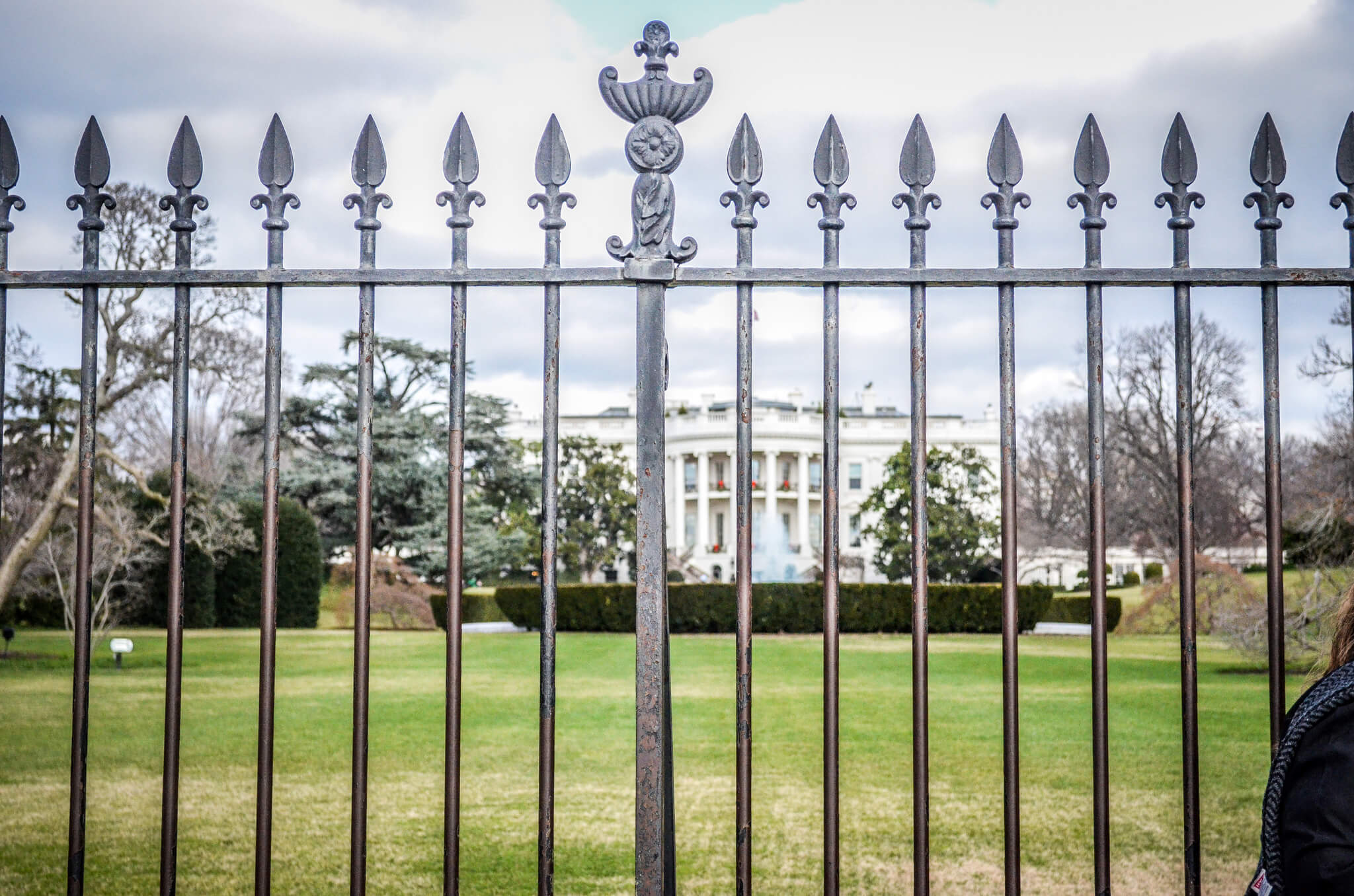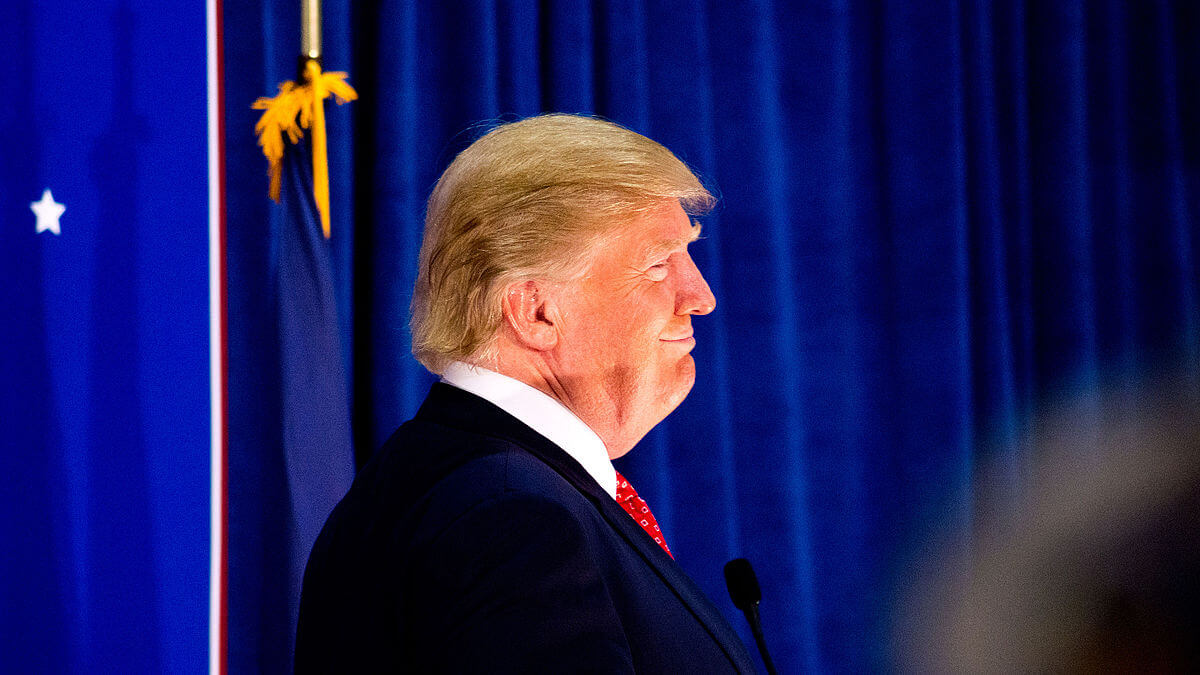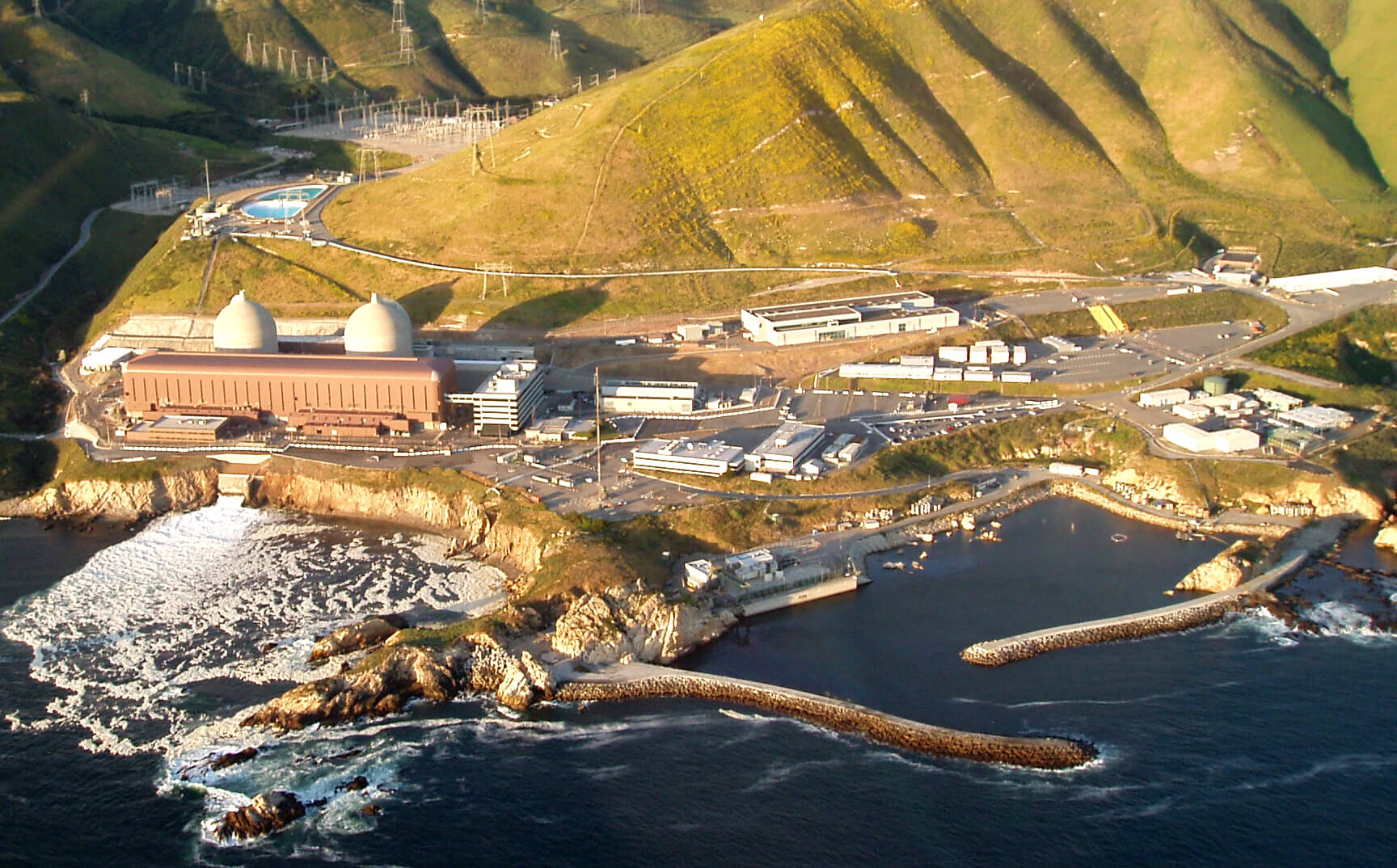Little Arctic, R.I. and Its Amazing Theater
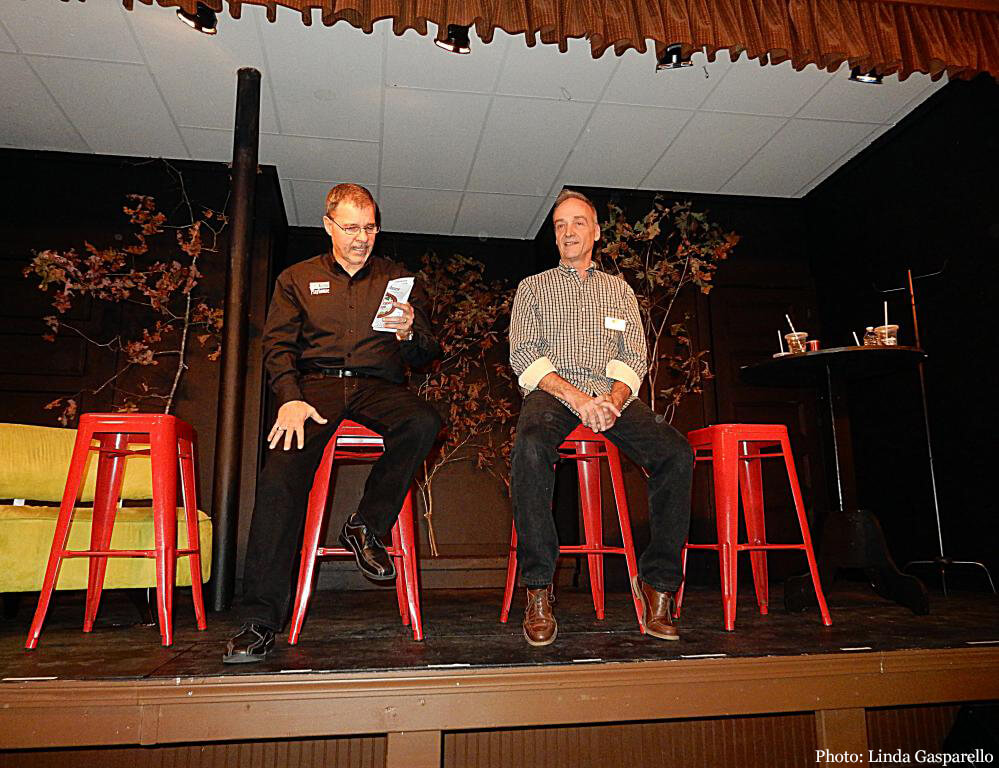
Arctic Impresarios: David Vieira (left) and Jim Belanger. Photo Credit: Linda Gasparello
Theater should be readily accessible, affordable and good. For me, the ideal theater experience has always been to pop off to the theater at the last moment and get an affordable seat.
There was a time when you could do that in London and New York. But theater-going has become an expensive chore, both in the West End and on Broadway: Buy exorbitant tickets far in advance, drive, park and get a bill for the evening which can run to over $500 for two.
Not so where I live — just down the street from the amazing Arctic Playhouse, which is to theater what food trucks are to restaurants: accessible, affordable and good.
The Arctic Playhouse is by any measure an anomaly. It just shouldn’t be. Arctic is a distressed hamlet in West Warwick, R.I. Once, it was prosperous shopping area near working textile mills. Now it has fallen on hard times, having lost its retailing base to shopping centers. Washington Street, its main street, has boarded-up shops and a pervasive sense of decay.
But Arctic has live theater at the Arctic Playhouse: a very modest but nonetheless effective theater space where, for under $15, you can see what is often a damn good show. The theater, by the way, will be moving to a larger space on the same street.
I write this in the warm glow of having just seen such a show with my wife: “I Love … What’s His Name?” As its subtitle says, it’s a cabaret about confusion in love in the 21st century.
We were dubious, but we really like the spirit and intimacy of our neighborhood theater and its energetic impresarios, Jim Belanger and David Vieira.
So we ate a light supper and drove a few minutes to be enchanted by a clever review, well-executed by a topnotch cast, including co-creators Rachel Hanauer and Jeff Blanchette, Angela Jajko, Jessica Gates and supported with industrial-lifting, as it were, from pianist Bob Logan.
The cabaret featured a series of ballads and patter songs — some by musical greats, like Tim Rice and Stephen Sondheim — about dating. Very modern, too: Cell phones play a big part in a show that is funny, tuneful and rip-roaring good entertainment.
I’ve always said you don’t need a palace to put on a good show, just good players. It’s about the play and the players, as Shakespeare said in “Hamlet,” not the venue. Arctic proves that, production after production. Local fun in a clubby atmosphere with free cookies, decaf coffee and popcorn, and a full, cash bar.
Give my regards to Broadway, but you won’t be seeing me in many a day.
If You Want Great Fish and Chips, Try New England
Rightly, you think the national dish of Britain is fish and chips. Well, maybe not anymore.
It is increasingly hard to find fish and chips in Britain and Ireland. Not impossible, but harder than it was when there was a fish-and-chip shop, known as a chippie, almost on every corner.
The other shocking thing is that the fish and chips in the chippies, when you find them, are likely to be squeezed in with other fast food —hamburgers, sausages and even lasagna.
What you are more likely to find in every town or village is an Indian or Pakistani restaurant. In fact, I’ve read it argued that the national dish of England is no longer fish and chips, but curry and rice.
But I’m delighted to report that some of the best fish and chips to have crossed my plate in a long time are to be found in New England, particularly in Rhode Island. Almost every restaurant and bar has very good fish and chips. Excellent, in fact, but missing that standard of the British Isles version: mushy peas. You don’t have to have them with your battered cod in the U.K., but you’d be missing the full experience if you don’t.
Mushy peas are, as they sound, peas cooked to produce a mush. Sounds disgusting, eh? Well, they’re delicious.
Why, I wonder, with so much excellent haddock around, is there no smoked haddock to be had? Finnan haddie is just not on sale among the wonders of the sea in every supermarket. The Brits like to eat it at breakfast, and the French serve it as a main course. My wife, Linda Gasparello, who grew up in Hingham, Mass., says finnan haddie and cod cakes were regular offerings on South Shore menus.
Very good too. Ladies and gentlemen, start your smokers.
The Myth of the Frozen North
We moved to Rhode Island from the Washington, D.C. area five years ago and we still shuttle back and forth with some regularity. It is hard to be a journalist and not be drawn into the Washington maelstrom.
We sing the praises of Rhode Island as loudly as operatic stars. We go on about its great food, wonderful beaches, fabulous architecture and nice people.
But people in Washington, and elsewhere in the country, believe that we live in igloos, kept warm at night by a five-dog team of huskies. They believe the cold dominates our lives and that we drive Humvees to get through the snow.
It’s not an argument we have been able to win. But the fact is the climate in most of New England is much better than the climate down in the nation’s capital where the summers are insufferably hot and humid and the winters can be as cold as they are in Providence. There is less snow there, but everything ceases up when it does snow —usually a big one every year.
The pathological fear of cold keeps people away and living in worse climates. Pass the grog.


